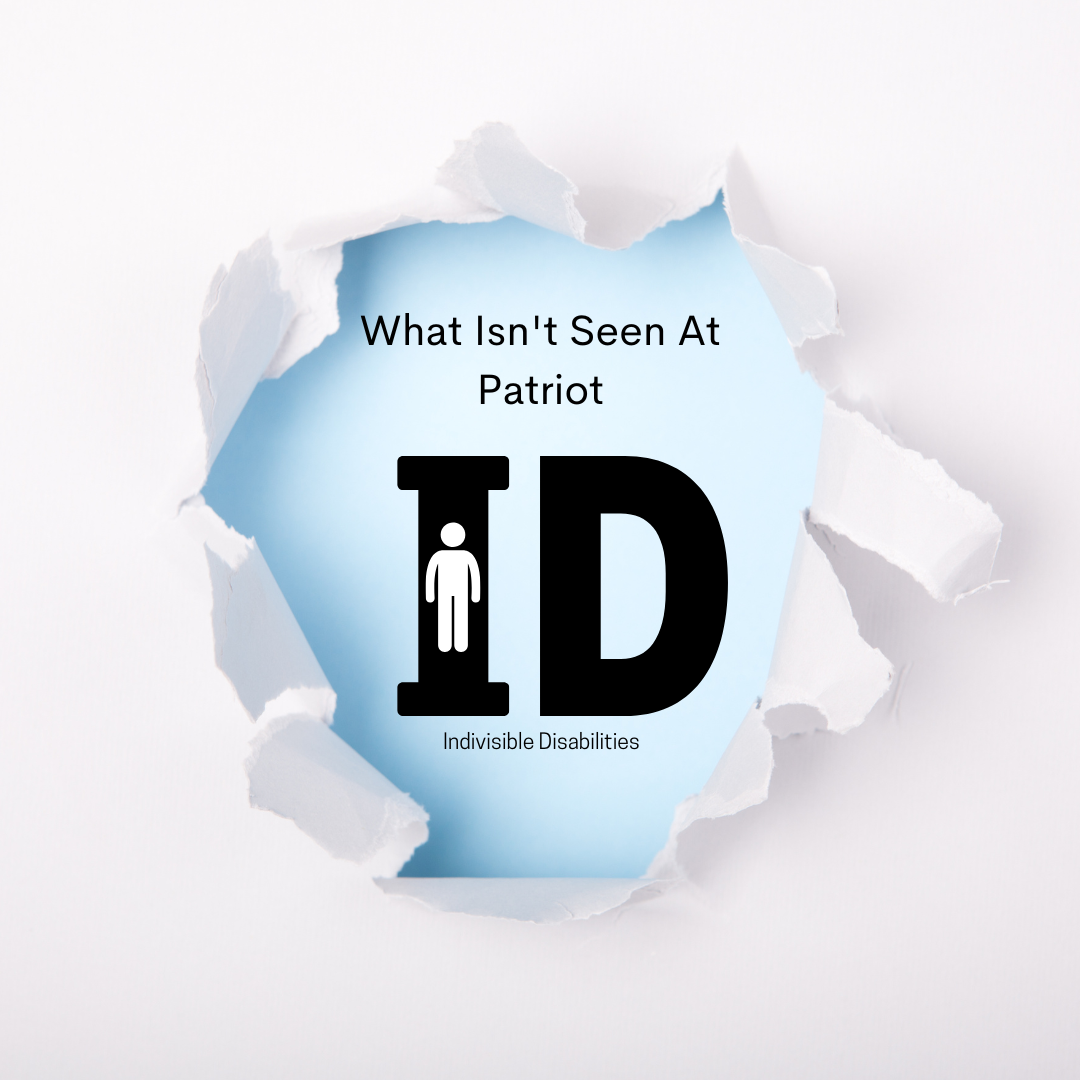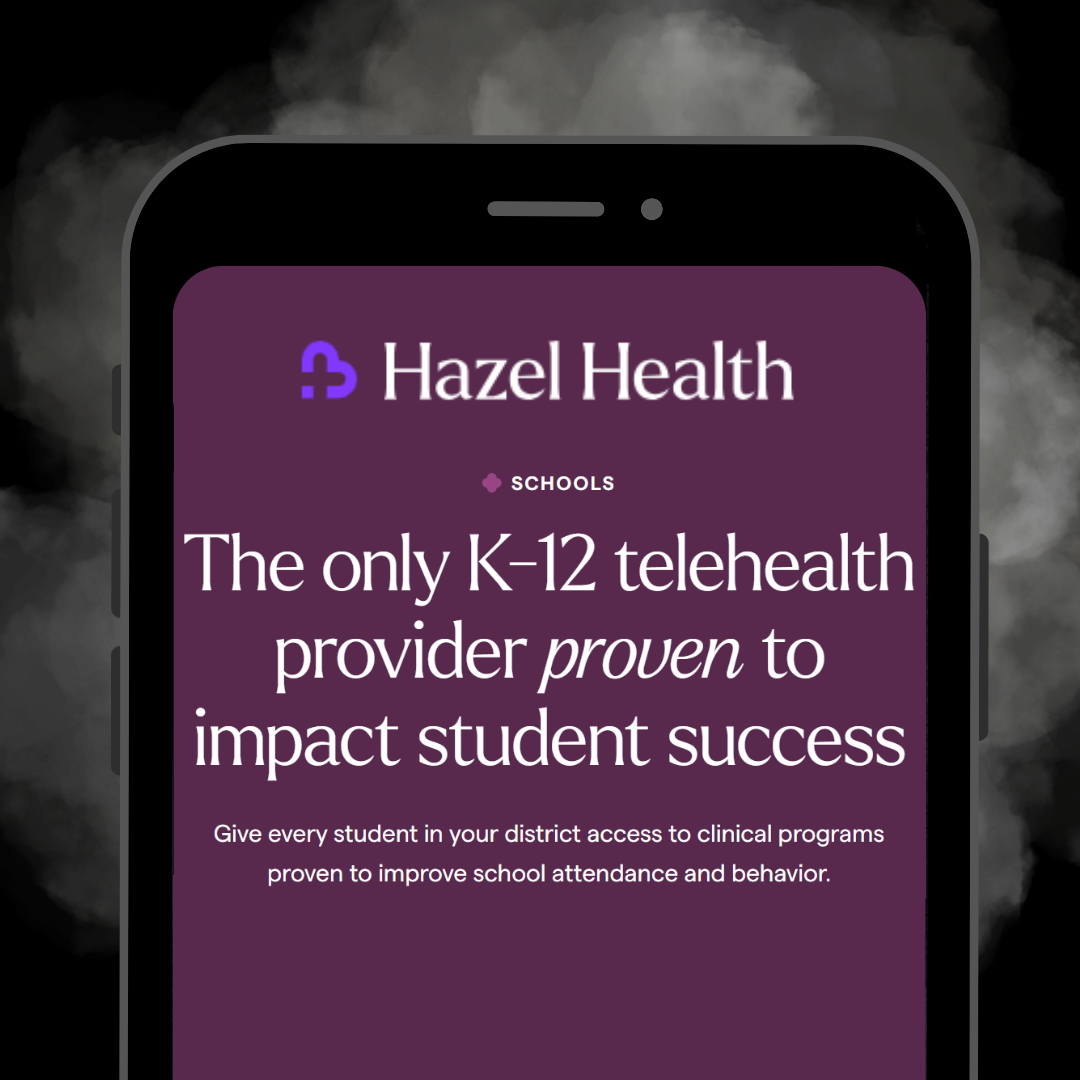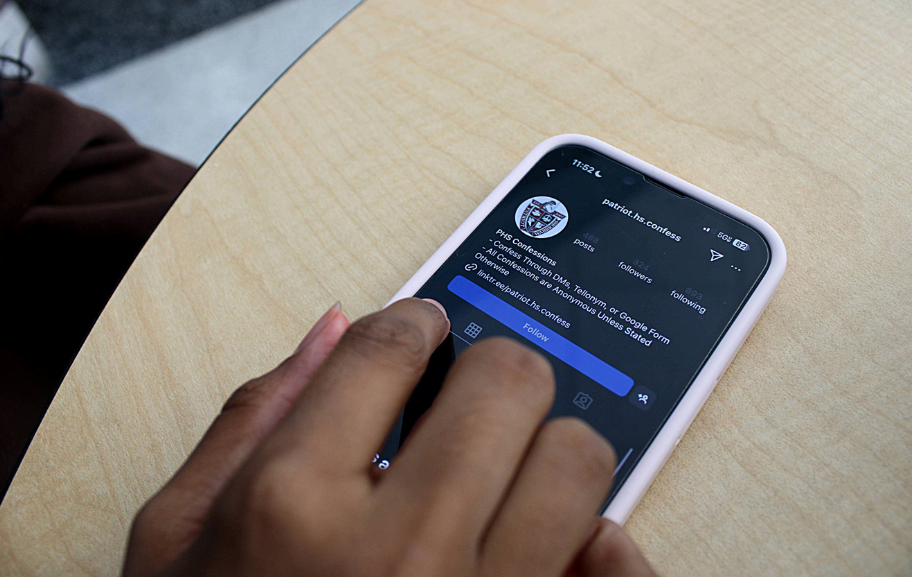“But you look fine,” You hear as you sit down, lightheaded, and exhausted from the week. Everything is tiring and you just spend hours in the doctor trying to figure out what was happening to you, but to no avail, and you’re back in school. You swear if you hear this one more time you’ll combust. But you can’t get upset, they don’t know what you’re dealing with. This is just a snippet of a day for someone living with an invisible disability.
The Invisible Disabilities Association defines invisible disabilities as “a physical, mental or neurological condition that is not visible from the outside, yet can limit or challenge a person’s movements, senses, or activities.”
Many around you may have them but they are unknown to you; common invisible disabilities include cognitive dysfunction, chronic fatigue, and sensory-processing disorders. They also include autoimmune disorders, depression, diabetes, vision impairments, and trauma, among other conditions. The struggles of those with invisible disabilities is something that is both unique to a person’s experience, such of Patriot senior, Raven Thomas, and Freshman Leah Jordan, and universal to most who have them. They all have individual, and valuable stories about living with invisible disabilities.
Ray Thomas, a senior at Patriot and a close friend of mine, has Post Orthostatic Tachycardia Syndrome, or POTS, which is defined as a blood circulation disorder that affects heart rate when standing. Ray says that their heart rate can get “up to 160 beats per minute just by standing up and walking around”, which results in “extreme fatigue.” Due to this fatigue, Thomas “misses a lot of days for school,” and he has “a lot of catch-up work regularly.” Ray has struggled with a teacher that wouldn’t let tests be retaken if the original day was missed, which was a difficult barrier for someone who “sometimes can’t even get out of bed.” Ray also has autism, which he was diagnosed with when young which he says is “a privilege” as many women and people of color struggle to be diagnosed. Ray’s autism affects him in the sense that he deals with noise sensitivity, from loud sound and auditory processing. Thomas’ autism also shows up through the need of explicit instructions, saying that even if teachers are “pointing in the general direction,” he’ll have “no idea what they mean.” These issues can affect different people in different ways, even if they have the same disorder.
Leah Jordan, a freshman at Patriot, also has POTS, but deals with anxiety, ADHD, and conversion disorder as well. Leah’s POTS is similar to that of Ray’s with rapidly changing heart rates and difficulty with exercising. Their ADHD makes staying on task when completing most things, including schoolwork, extremely difficult. Jordan says that when asked to do things that “30 minutes go by, and I still haven’t done this thing that I need to do. And then by that point, I’ve completely forgotten that I was even supposed to do the first place.” Leah deals with very intense anxiety that makes things such as presenting in class incredible difficult. This goes hand in hand with conversion disorder, which is “when psychological or mental stress presents itself in a physical way.” and for Leah, “that way is paralysis.” Dealing with unexplainable physical symptoms can be very frustrating for Leah and others to deal with every day.
Due to the lack of visible issues, the process of being diagnosed is an extremely difficult one that may take many doctors over many years. Jordan said that during one of their worst paralysis episodes, which lasted 8 hours, they underwent many test, including an MRI, but doctors said that there was “nothing physically wrong with you.”
A study found that some doctors do not want disabled patients, turning them away on the belief that “I am not the doctor for you.” This results in many appointments to find the correct doctors, which can quickly become expensive. This process is worse for Black people that have invisible disabilities, as Black people already experience medical oppression. “In an October 2020 poll, 7 of 10 Black Americans say they’re treated unfairly by the health care system and 55% percent say they distrust it,”. Most people of color also deal with this issue, with a study showing that “prior to the pandemic, people of color fared worse compared to White people across a broad range of measures related to health and health care, particularly Black, Hispanic, and AIAN people.” This leads to strong distrust and a deeper struggle within being properly diagnosed and getting needed care. Everyone, within the medical field and outside of it, should be more aware of and considerate to people with invisible disabilities, especially if they are people of color.
It is essential to be aware of these disabilities if we are to help those around us. Teachers need to be more aware of students that may have invisible disabilities. Thomas had a teacher last year that would often do activities involving frequent movement, which is difficult with POTS. Thomas says that “the issue is, if she were a little more aware, the issue is that if she’d had a room full of able-bodied students, but one kid on crutches or in a wheelchair, chances are she wouldn’t be having us do this stand up, sit down, stand up, sit down, stand up, sit down activity, she would probably find an alternative. But because she can’t see a lot of the issues that her students have, she doesn’t find that alternative and that’s the case with a lot of teachers.”
This issue isn’t exclusive to the school, but something that those with invisible disabilities around the world deal with every day. Jordan thinks teachers simply need to “and try to figure out how you can make accommodations because you can, you can make accommodations. If you try hard enough, you will find a way.” In order to best improve the quality of school for students with invisible disabilities.
Students in Patriot have some room for improvement, Leah says to “Just like, even just be nice, you know, like, don’t be a horrible person.” They think it’s important that students “don’t make fun of people with disabilities,” they explain that “it’s completely 100% out of their control.” Thomas shares a similar stance saying that it’s “Important to be there for the people that you’re close with and to understand that other people have stuff going on.”



